Home Insurance
Learn what home insurance covers in Canadian real estate, why it’s required for mortgages, and how it protects homeowners from major financial loss.

May 10, 2025
What is Home Insurance?
Home insurance is a policy that protects homeowners from financial loss due to damage, theft, or liability related to their property or its contents.
Why Home Insurance Matters in Real Estate
In Canada, home insurance is a standard requirement for most mortgage lenders and a crucial safeguard for property owners. It provides coverage in cases such as:
- Fire or natural disaster damage
- Theft or vandalism
- Liability for injuries on the property
- Loss of use if the home becomes uninhabitable
Policies typically include dwelling coverage, personal property protection, and liability insurance. Optional add-ons—called riders — can cover specific risks like sewer backups, floods, or valuable items.
Premiums are influenced by factors like location, property type, age, replacement cost, and claims history. A higher deductible generally results in lower premiums.
Homeowners should shop around for the right policy, ensure they have adequate replacement coverage, and review terms annually. Proof of insurance is usually required before closing a real estate transaction.
Understanding home insurance ensures financial protection in emergencies and compliance with mortgage terms.
Example of Home Insurance
A homeowner in Ottawa experiences a kitchen fire that causes $30,000 in damage. Their home insurance policy covers the repair costs after the deductible is applied.
Key Takeaways
- Protects against property damage, theft, and liability.
- Required by most mortgage lenders.
- Covers the structure, contents, and legal claims.
- Customizable with riders for added protection.
- Vital for financial security and risk management.
Related Terms
- Mortgage Lender
- Property Insurance
- Title Insurance
- Closing Costs
- Replacement Value





 Christine Boyle and Gregor Robertson. (Government of British Columbia)
Christine Boyle and Gregor Robertson. (Government of British Columbia)




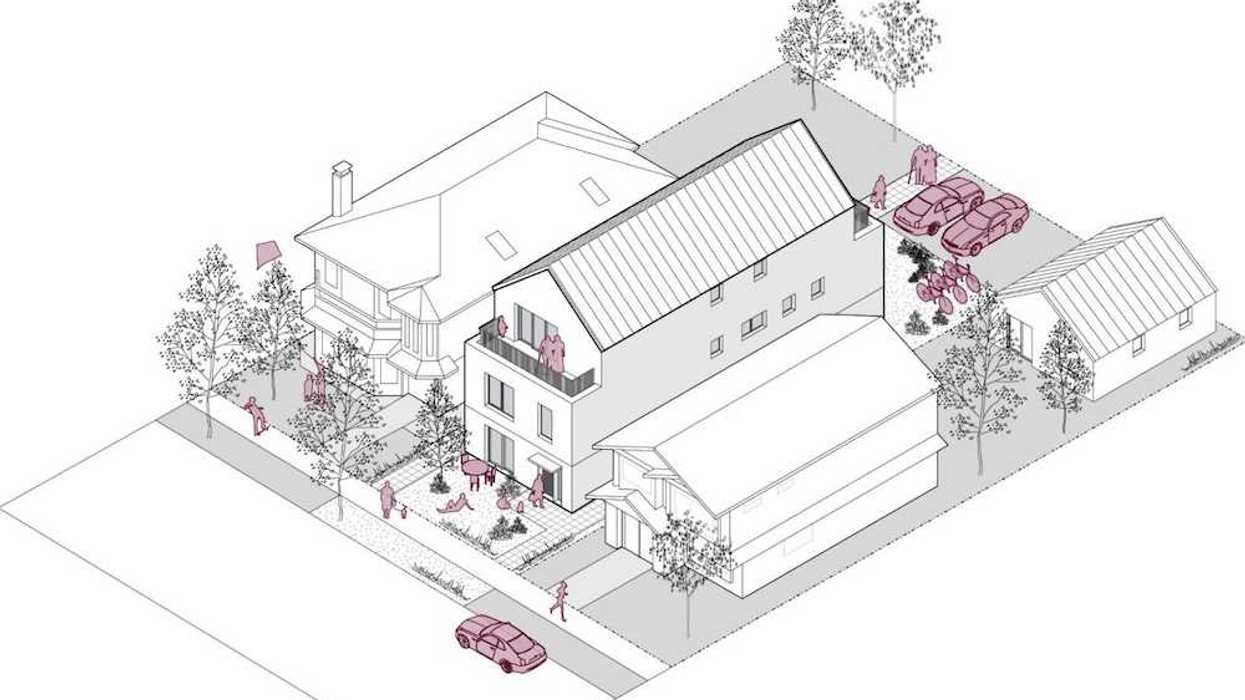


 CREA
CREA
 Liam Gill is a lawyer and tech entrepreneur who consults with Torontonians looking to convert under-densified properties. (More Neighbours Toronto)
Liam Gill is a lawyer and tech entrepreneur who consults with Torontonians looking to convert under-densified properties. (More Neighbours Toronto)
 Eric Lombardi at an event for Build Toronto, which is the first municipal project of Build Canada. Lombardi became chair of Build Toronto in September 2025.
Eric Lombardi at an event for Build Toronto, which is the first municipal project of Build Canada. Lombardi became chair of Build Toronto in September 2025.
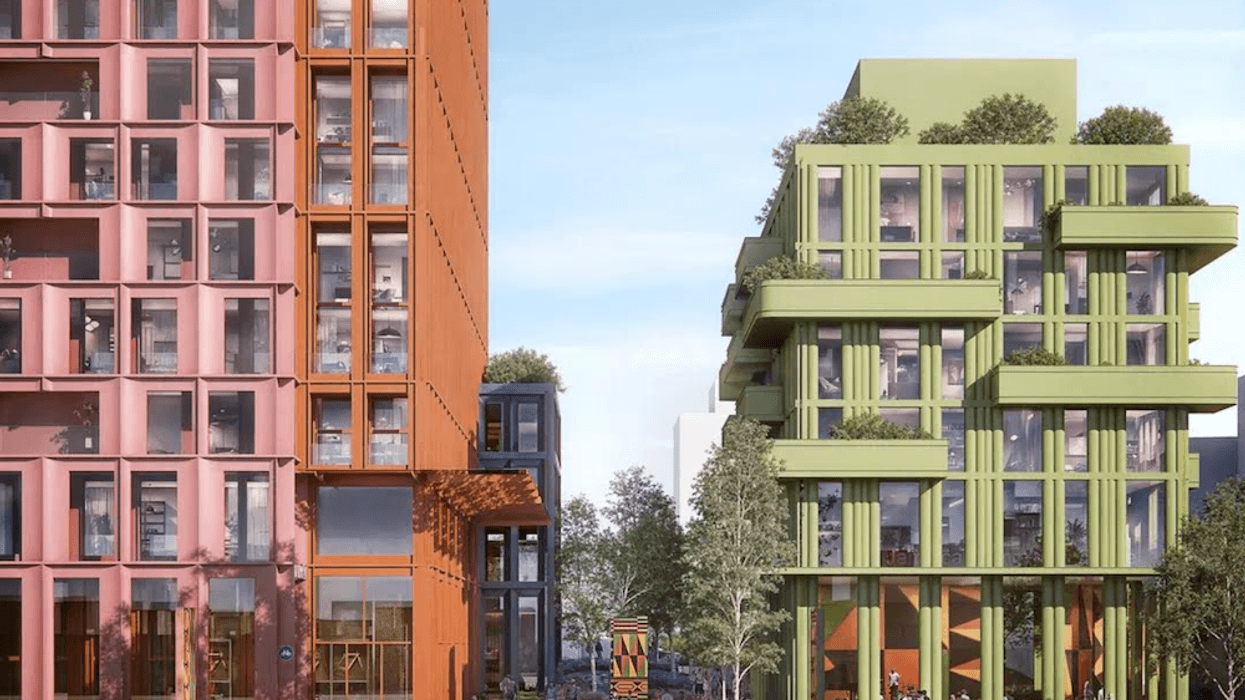
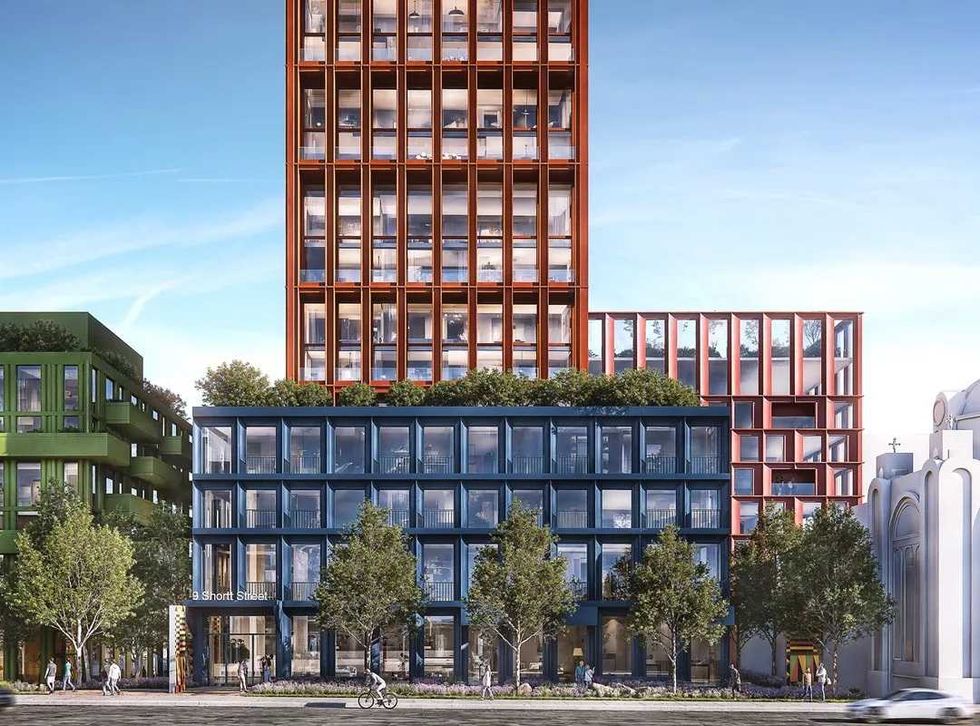 Rendering of 9 Shortt Street/CreateTO, Montgomery Sisam
Rendering of 9 Shortt Street/CreateTO, Montgomery Sisam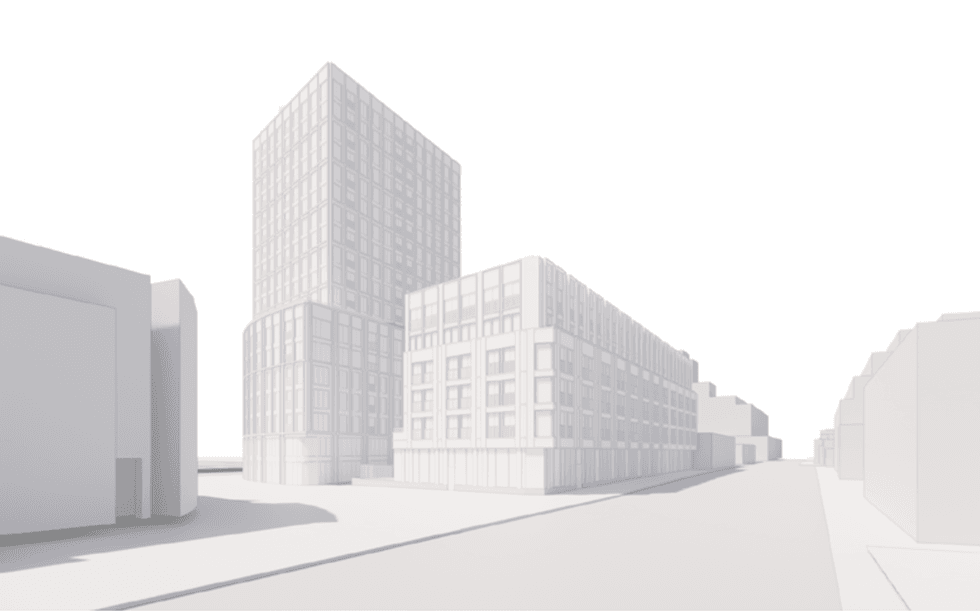 Rendering of 1631 Queen Street/CreateTO, SVN Architects & Planners, Two Row Architect
Rendering of 1631 Queen Street/CreateTO, SVN Architects & Planners, Two Row Architect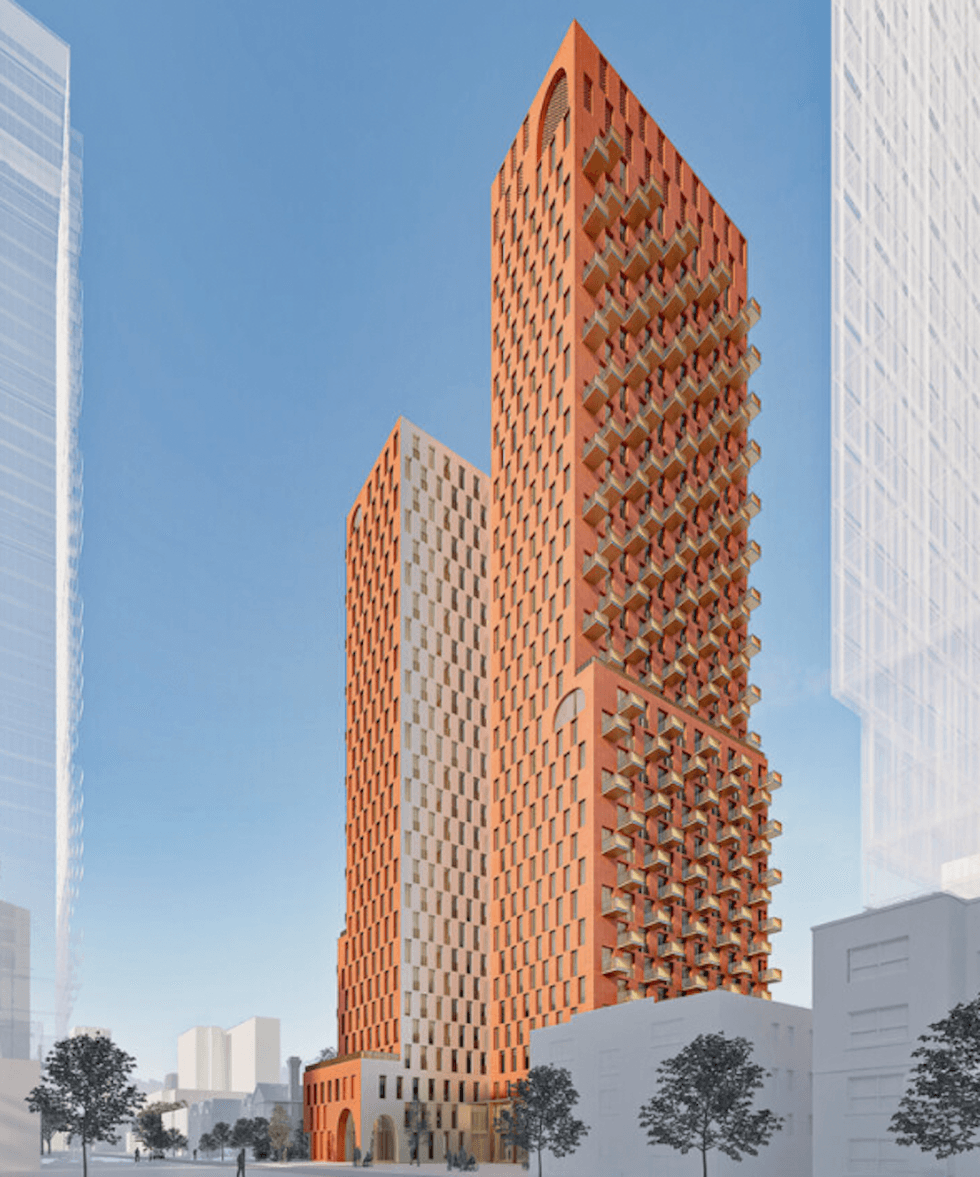 Rendering of 405 Sherbourne Street/Toronto Community Housing, Alison Brooks Architects, architectsAlliance
Rendering of 405 Sherbourne Street/Toronto Community Housing, Alison Brooks Architects, architectsAlliance